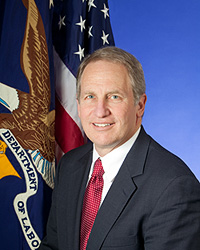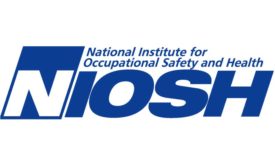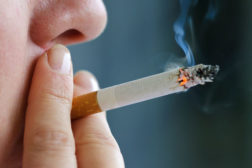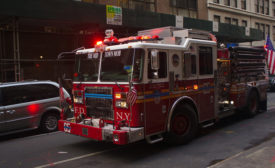News
A Confined Space blog post
Deepwater Horizon: Is the CSB preparing to retreat on worker participation?
November 10, 2017
A NIOSH Science Blog post
To Beard or not to beard? That’s a good question!
November 9, 2017
Never miss the latest news and trends driving the safety industry
eNewsletter | Website | eMagazine
JOIN TODAYCopyright ©2024. All Rights Reserved BNP Media.
Design, CMS, Hosting & Web Development :: ePublishing








